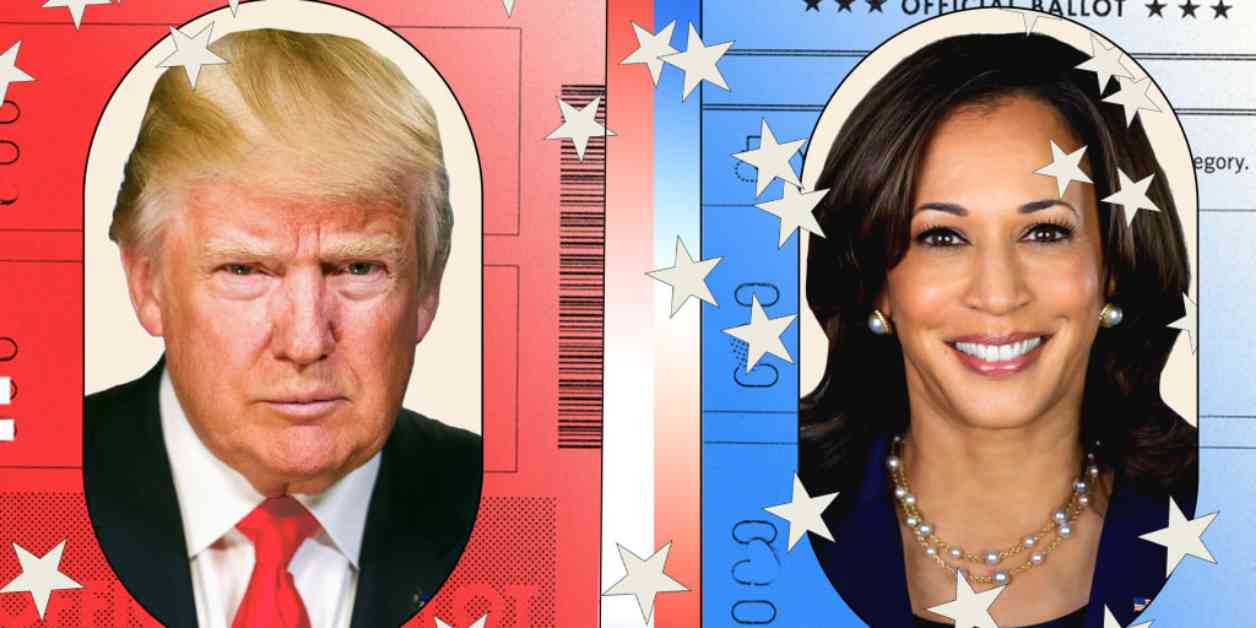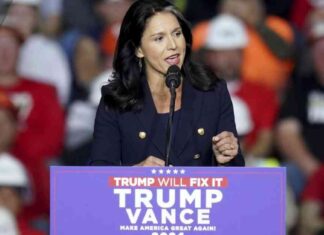Former President Donald Trump and Vice President Kamala Harris are set to face off in their first presidential debate together, with high stakes for both candidates. Harris, who only entered the race seven weeks ago, has limited time to define her candidacy and win over voters. On the other hand, Trump’s allies are looking to him to stay on message and turn around what has been a rocky summer for his campaign.
The debate, hosted by ABC News and simulcast on NBC, is scheduled to start at 9 p.m. ET and last roughly 90 minutes. Both campaigns have agreed to use the same rules and format as in June’s debate between Trump and President Joe Biden, including muted microphones, a rule that the Harris campaign had sought to change.
Leading up to the debate, Democratic National Committee Chairman Jaime Harrison expressed optimism about Harris’ performance, framing the election as a choice between “progress versus chaos.” Harrison emphasized the importance of Harris presenting herself as a presidential figure to reassure voters and set the stage for the party heading into the November election. He advised Harris to speak directly to the American people and not overwhelm herself with data during the debate.
In a strategy memo provided to NBC News, DNC Communications Director Rosemary Boeglin highlighted that voters can expect Trump to focus on himself during the debate, pointing to his track record of prioritizing his interests over those of the American people. Harris has also anticipated Trump’s tendency to lie during the debate, emphasizing the need to be prepared for his falsehoods.
As the debate approached, there was a leadership change in the House Freedom Caucus, with Virginia Rep. Bob Good stepping down as chair. The caucus has been involved in a government funding fight and will need to coordinate closely with GOP leadership during this transition.
A new campaign ad featuring former President Barack Obama criticizing Trump’s obsession with crowd sizes was released by the Harris-Walz campaign. The ad underscores the contrast between Harris’ focus on policy and Trump’s self-centered approach to campaigning.
In preparation for the debate, Harris and Trump have been positioning themselves as the candidate for change. While Trump has an advantage on the economy and immigration, Harris leads on issues like abortion. The survey results show that Trump is currently winning the “change” argument, a crucial factor in deciding the outcome of the election.
The upcoming debate between Harris and Trump marks the end of 75 days of political upheaval and the beginning of a 55-day race to Election Day. The debate promises to be a significant moment in the campaign, with both candidates aiming to make their case to the American people.
Subheadings:
1. DNC Strategy Ahead of the Debate
2. Leadership Change in House Freedom Caucus
3. Campaign Ad Featuring Barack Obama’s Critique of Trump
The Democratic National Committee has outlined a strategic approach for Harris ahead of the debate, emphasizing the importance of presenting her as a presidential figure and focusing on policy issues. By speaking directly to voters and avoiding getting bogged down in data, Harris aims to make a strong impression during the debate.
In the House Freedom Caucus, a leadership change took place with Bob Good stepping down as chair. The transition comes at a critical time as the caucus is involved in a government funding fight and needs to work closely with GOP leadership to navigate the challenges ahead.
The Harris-Walz campaign released a new ad featuring former President Barack Obama criticizing Trump’s fixation on crowd sizes. The ad highlights the contrast between Harris’ policy-focused approach and Trump’s self-serving tactics, setting the stage for a contentious debate between the two candidates.


























